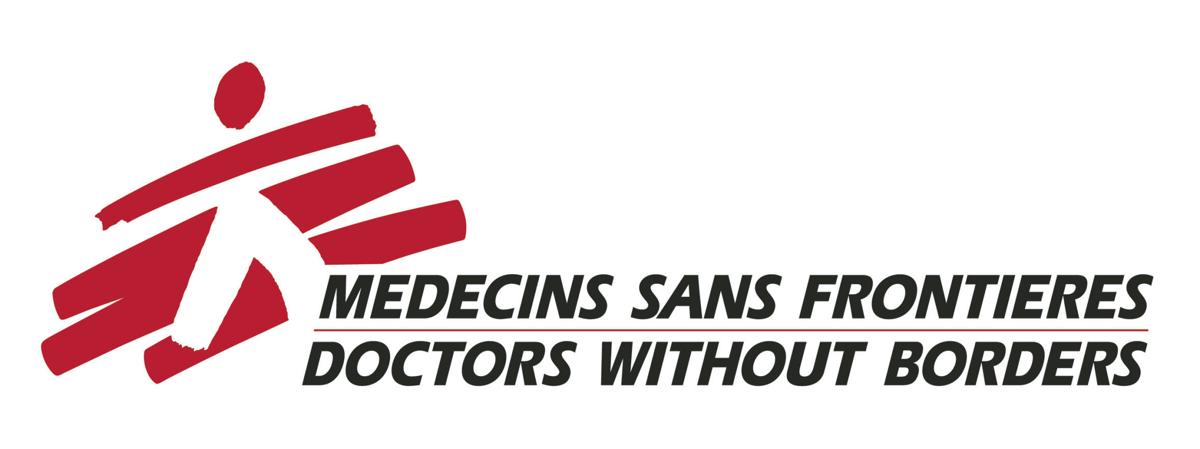Forty-two thousand people seeking asylum are trapped in squalid camps at entry points on the Greek islands. They are living in especially high-risk environments for the transmission of COVID-19—the disease caused by the new coronavirus—and should be evacuated immediately.
Given the lack of adequate sanitation services and severely limited medical care at these entry points, the risk of the coronavirus spreading among people in the camps is extremely high once they have been exposed. Earlier this week, a Greek citizen was confirmed to be the first case of COVID-19 on the island of Lesbos, making evacuation of the camps extremely urgent.
In a statement yesterday, MSF’s medical coordinator in Greece, Dr. Hilde Vochten said:
“We are in contact with the National Public Health Organization in order to coordinate actions, including health information and case management for local residents and asylum seekers alike. But we need to be realistic: It would be impossible to contain an outbreak in such camp settings in Lesbos, Chios, Samos, Leros, and Kos. To this day we have not seen a credible emergency plan to protect and treat people living there in case of an outbreak.”
All over the world, governments are calling for the cancellation of events and large gatherings, but in the Greek island camps people have no option but to live in close proximity. COVID-19 may be just the latest threat that people face there, but the conditions they live in make them that much more vulnerable.
Health authorities should implement a plan that includes measures for infection prevention and control (IPC), health promotion, rapid identification of cases, isolation, management of mild cases, as well as the treatment of severe and critical cases.
Without any of these measures in place, the evacuation of the camps on the Greek islands is now more urgent than ever. Forcing people to live there as part of Europe’s containment policy was always irresponsible, but with the virus spreading it is on the verge of becoming criminal if no action is taken to protect people.
P.S. The COVID-19 outbreak is rapidly evolving. Doctors Without Borders is tracking developments and working to respond to humanitarian needs in the places where we work. Stay tuned for more updates on how we’re working to protect high risk communities as this outbreak continues to develop.
| 



No comments:
Post a Comment